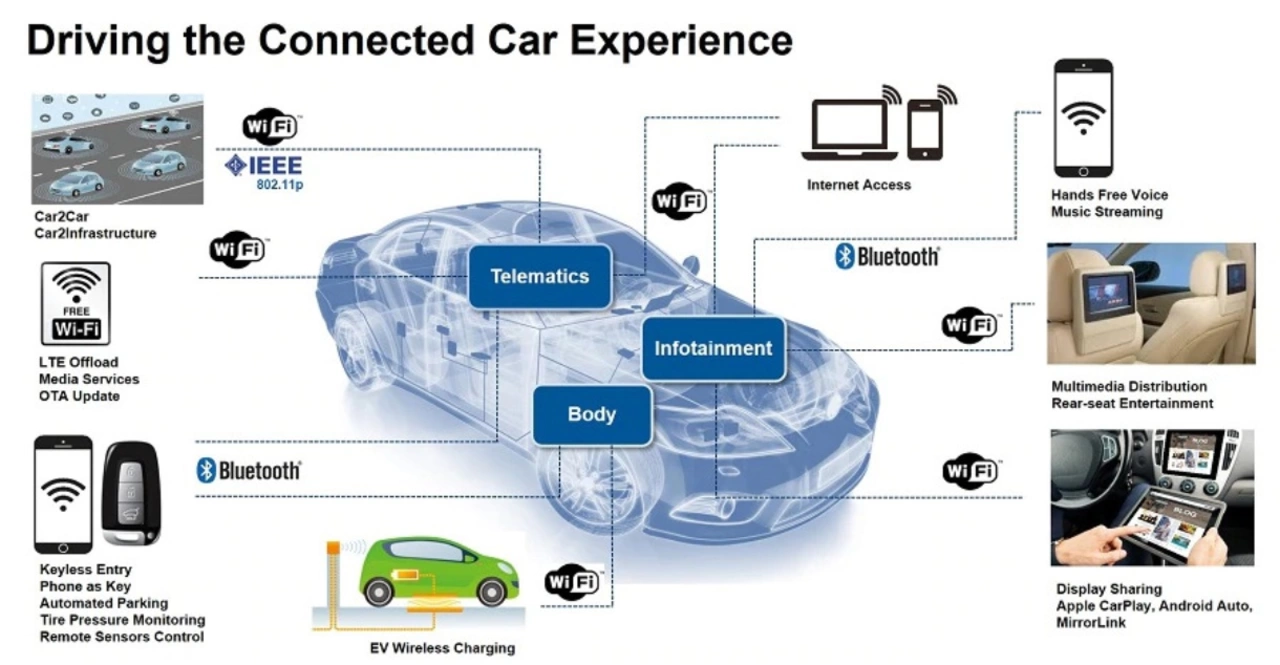Car Types Explained: What They Are and Why They Matter
When you start looking for a new vehicle, the first question is usually “What kind of car should I get?” The answer depends on how you plan to use the vehicle, how many people you need to carry, and what you value most – fuel economy, cargo space, or style. Below we break down the main car types you’ll see at any dealership and give some practical tips on when each one shines.
Common Car Types and Their Uses
Sedan: The classic four‑door shape. Sedans offer a comfortable ride, a separate trunk, and good fuel mileage. They’re perfect for daily commuting and small families who don’t need a huge cargo area.
Hatchback: Looks like a compact sedan but has a rear door that opens upward. The folding seat back makes the cargo area flexible, so it works well for city drivers who still want to haul a few bags or sports gear.
SUV (Sport Utility Vehicle): Taller, higher ground clearance, and usually available with all‑wheel drive. SUVs are great for families, road trips, and anyone who tackles rough roads or needs extra cargo space.
Pickup Truck: Features an open cargo bed and a strong chassis. Ideal for work sites, towing, or anyone who regularly moves big items. Modern pickups also have comfortable cabins that rival many SUVs.
Minivan: Sliding doors, three rows of seats, and a low floor make minivans the go‑to for larger families. They’re easy to load, have lots of seating flex, and often include family‑friendly tech.
Coupe and Convertible: Two‑door cars that focus on style and a sportier feel. They suit drivers who love a sleek look and don’t need rear‑seat space every day.
Electric and Hybrid Cars: Not a body style but a powertrain choice. They reduce fuel costs and emissions. Many models come as sedans, hatchbacks, or SUVs, so you can pick the shape you like while going green.
How to Pick the Best Car Type for Your Needs
Start with your daily routine. If you mostly drive in traffic and park in tight spots, a compact hatchback or sedan saves space and money. If you regularly carry kids, groceries, or sports equipment, a minivan or SUV gives you the room you need without constantly folding seats.
Think about the weather and roads you face. All‑wheel‑drive SUVs and pickups handle snow and gravel better than rear‑wheel‑drive sedans. On the other hand, a front‑wheel‑drive sedan usually offers better fuel economy on smooth highways.
Budget matters too. Smaller cars and hybrids often have lower purchase prices and cheaper insurance. Larger SUVs and pickups cost more upfront and can be pricier to run, but they also hold resale value well if you need them for work.
Finally, consider how long you plan to keep the vehicle. A versatile SUV or minivan may serve you for many years as your family grows, while a sporty coupe could be a short‑term fun project.
Bottom line: there’s no one‑size‑fits‑all answer. Match the car’s shape to your lifestyle, budget, and driving conditions, and you’ll end up with a ride that makes everyday trips easier and more enjoyable.

Do certain car companies specialize in certain kinds of cars?
In my latest blog post, I explored the idea of whether certain car companies specialize in specific types of cars. It turns out that many manufacturers do indeed focus on producing particular kinds of vehicles, such as luxury, sports, or environmentally friendly cars. This specialization allows companies to prioritize their resources and expertise to create the best possible products in their chosen niche. As a result, consumers can often rely on these brands to deliver a certain level of quality and performance in the vehicles they produce. Overall, it's fascinating to see how car companies carve out their unique identities within the vast automotive market.
View more